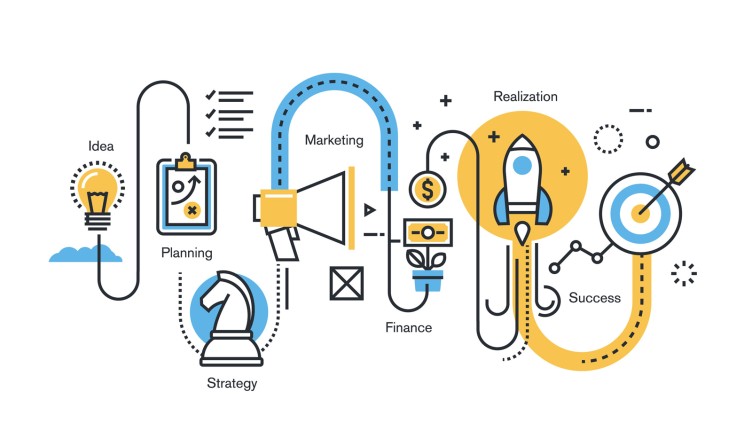
Education is a fundamental human right as per Article 6 of the Universal Declaration of Human Rights. Hence, providing proper learning opportunities and resources to every citizen is one of the main responsibilities of any country, state, or society. Higher education means any academic degree completed in a college/university setting, which is formally achieved after secondary education. It is often regarded as post-secondary or tertiary education. Every higher education has various levels: undergraduate degrees, graduate degrees/diplomas, associate degrees, and doctoral degrees.
Quality assurance in higher education is defined as a holistic approach in every educational sector or institution that takes deliberate steps to bring out continuous improvement and effectiveness in the learning experience of students. The success of quality assurance depends on the management system. Quality assurance is managed and monitored by the implementation of accreditation standards and guidelines. Accreditation is an important project that requires the allocation of resources, preparation, and submission of documents within tight deadlines.
Quality assurance, examination, and performance of colleges and universities in higher education are twofold:
The internal activities and functions of the quality assurance procedure are linked to KPI performance that supports strategic goals and objectives. Quality assurance covers strategic management, process management, and monitoring system that interacts with each other to improve processes. Information systems are properly implemented to integrate quality assurance with management processes and produce assessable information. A quality assurance system supported by strategic information is proposed for higher education institutions. The proposed strategic information system takes international, national, and regional external factors into consideration.
The aim of the educational standard is to establish different criteria of education to develop age and appropriate knowledge, skills, and competencies in learners. It also offers inclusive, flexible, and safe learning environments equipped with state-of-the-art resources and advanced technology. Various direct and indirect techniques are used to monitor and evaluate academic performance and review the strategic goals and objectives of administrative departments.
The internal quality assurance activities always meet external standards and guidelines. In order to strengthen the quality culture at an institution, the support and buy-in from the senior management, knowledge, and commitment of individual employees are required for all QA activities.